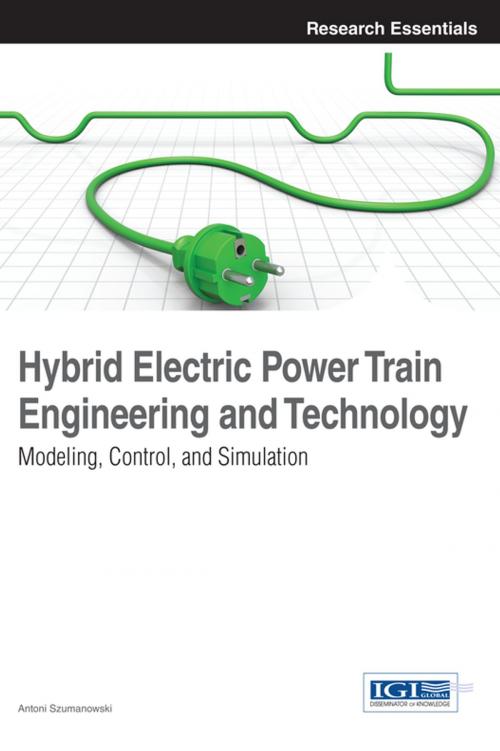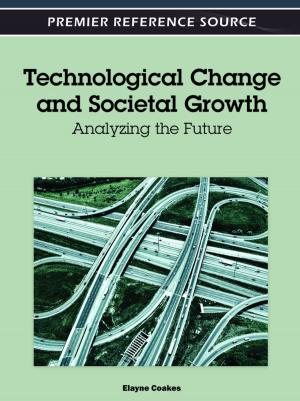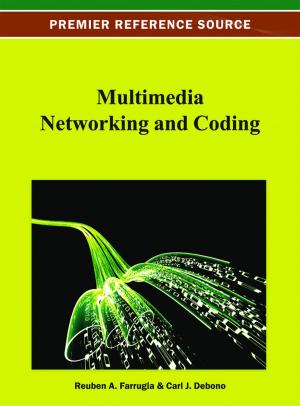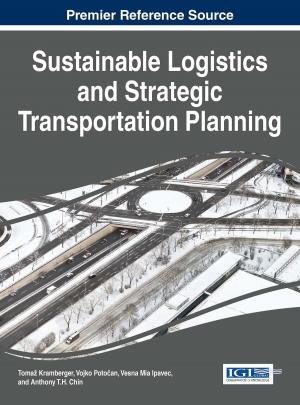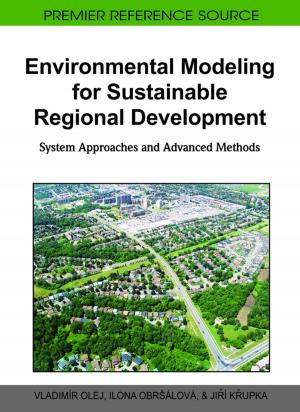Hybrid Electric Power Train Engineering and Technology
Modeling, Control, and Simulation
Nonfiction, Science & Nature, Technology, Engineering, Automotive, Mechanical| Author: | Antoni Szumanowski | ISBN: | 9781466640450 |
| Publisher: | IGI Global | Publication: | May 31, 2013 |
| Imprint: | Engineering Science Reference | Language: | English |
| Author: | Antoni Szumanowski |
| ISBN: | 9781466640450 |
| Publisher: | IGI Global |
| Publication: | May 31, 2013 |
| Imprint: | Engineering Science Reference |
| Language: | English |
Hybridization is an increasingly popular paradigm in the auto industry, but one that is not fully understood by car manufacturers. In general, hybrid electric vehicles (HEV) are designed without regard to the mechanics of the power train, which is developed similarly to its counterparts in internal combustion engines. Hybrid Electric Power Train Engineering and Technology: Modeling, Control, and Simulation provides readers with an academic investigation into HEV power train design using mathematical modeling and simulation of various hybrid electric motors and control systems. This book explores the construction of the most energy efficient power trains, which is of importance to designers, manufacturers, and students of mechanical engineering. This book is part of the Research Essentials collection.
Hybridization is an increasingly popular paradigm in the auto industry, but one that is not fully understood by car manufacturers. In general, hybrid electric vehicles (HEV) are designed without regard to the mechanics of the power train, which is developed similarly to its counterparts in internal combustion engines. Hybrid Electric Power Train Engineering and Technology: Modeling, Control, and Simulation provides readers with an academic investigation into HEV power train design using mathematical modeling and simulation of various hybrid electric motors and control systems. This book explores the construction of the most energy efficient power trains, which is of importance to designers, manufacturers, and students of mechanical engineering. This book is part of the Research Essentials collection.
